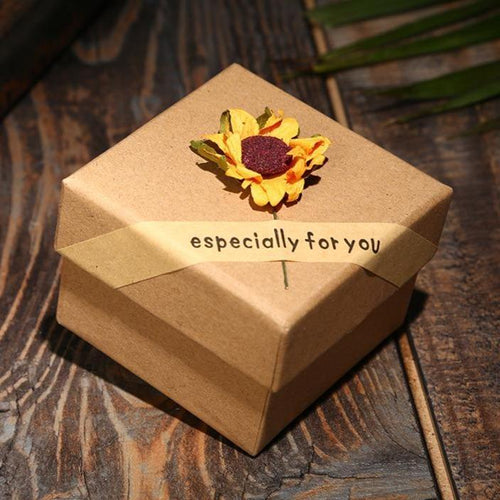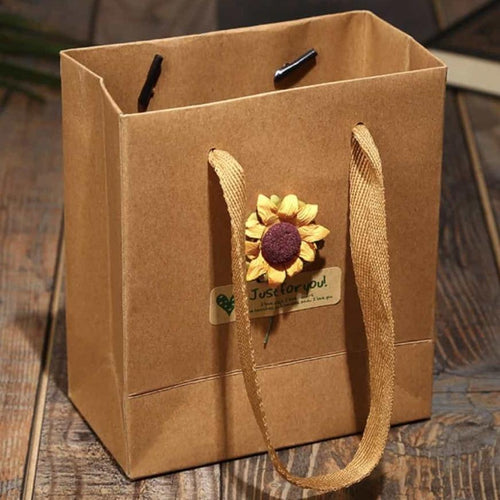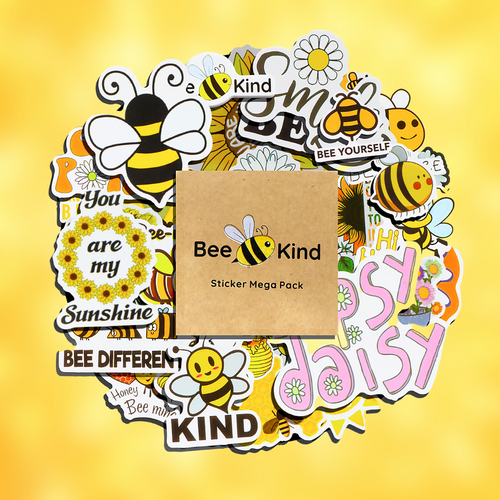We all know that plastic is extremely harmful for the environment. Some of the compounds found in plastic have been found to alter hormones or have other potential human health effects. Plastic debris, laced with chemicals and often ingested by marine animals, can injure or poison wildlife. Plastic also contributes to global warming. Almost all plastics are made from chemicals that come from the production of planet-warming fuels like gas, oil and even coal.
That is why bioplastics is one of the greatest inventions of our time. Bioplastics make it possible to develop innovative, alternative solutions compared to conventional plastics. Even more, biobased plastics reduce dependence on fossil resources whilst improving a product’s carbon footprint. Biodegradable plastics allow enhanced end-of-life scenarios for disposal and recycling.
Thomas Vailly, founder of Studio Thomas Vailly (STV) in Netherlands, teamed up with scientists from the French Ecole Nationale Supérieure des Ingénieurs en Arts Chimiques Et Technologiques laboratory to develop a series of materials using only sunflower bio-matter.
The invention relates to a biomaterial based on sunflower seed shells and husks. According to the invention, it is proposed that sunflower seed shells and husks are used instead of wood, bamboo or other wood-like fiber products.
Sunflowers are commonly farmed to produce oil and seeds. Instead of leaving the stalks to decompose in the field, as would normally happen, Studio Thomas Vailly organises a second harvest to collect them. What they do is separating them into bark and marrow. The bark fibres are heated and pressed into hardboard, while the marrow is combined with the water-based glue made from the sunflower seeds to form a light and foamy composite material. That material may be natural alternative to polystyrene.
The “press cake” – a concentrated substance left over after extracting oil out of the seeds – can be used as animal feed, but it can also be turned into a water-based glue, or can be heated and pressed down into a thin film-like material that resembles leather.
"What is important to keep in mind is that these bio-based materials are different from what the industry and consumers are used to," he added. "Bio-based materials are not to be seen as a replacement for their synthetic counter parts, they have different qualities that can be exploited."- says Thomas Vailly.
Vailly envisions the bio-material being transformed into a variety of items, from packaging and tableware to office furniture and even acoustic paneling systems!
A portion of every purchase at Bee Kind Shop is donated to non-profit organizations that help save bee colonies around the globe.











